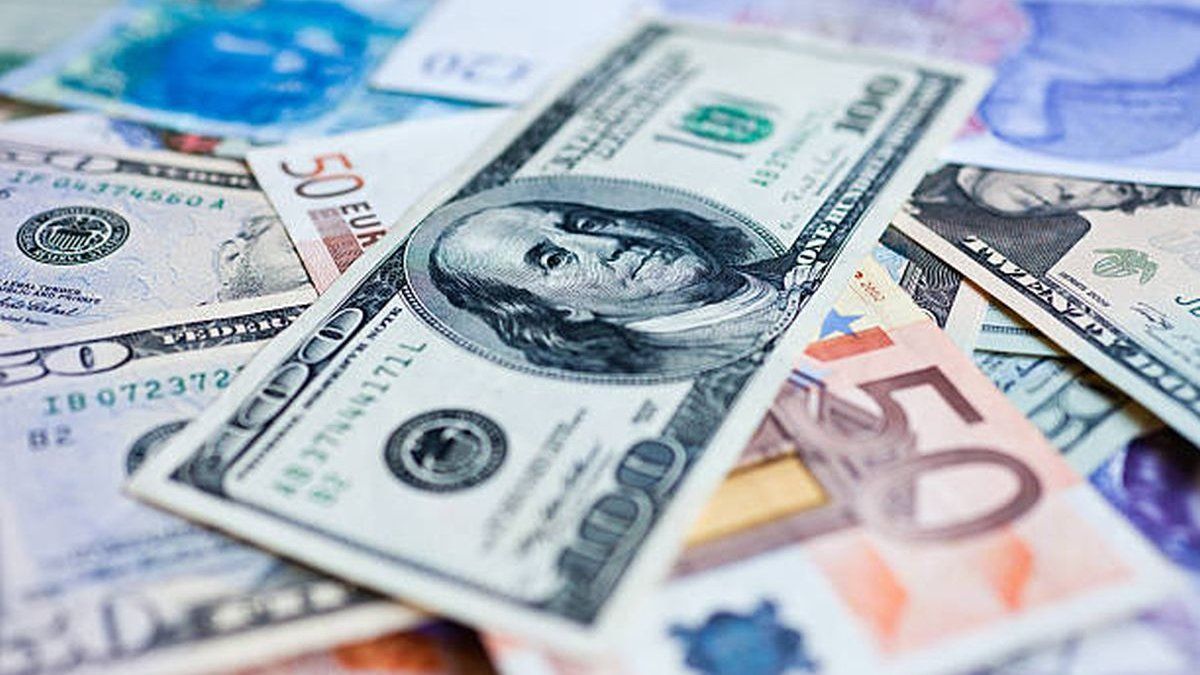fear of new interest rate increases that lead to a recession were the main component, validated by the expectation of economists polled by Reuters that they expect the Fed to raise the interest rate by three quarters of a percentage point again for a fourth consecutive meeting in November. They also predicted that in December the rise will be 50 basis points until closing the year at 4.25%-4.50%.
Thus, the other currencies that had started the day lower are recovering. In particular, the pound fell due to the announcement of tax cuts in the United Kingdom.
The Treasury bond American grew 4% for the first time since 2010, waiting for a new rise in interest rates by the United States Federal Reservewhich adjusted it last September 21 to the range of 3% to 3.25%. Given the persistence of inflation, it is expected that there will be new rises. The 10-year bond yield reached 4% and the 2-year bond, 4.3%.
The increase in interest rates reignited recession fears and attracted interest to the countries’ sovereign bonds. “It’s a combination of the knock-on effect from the UK, where sovereign bond yields have spiked. And that’s spilled over into other discount spread bond markets, so there’s a bit of a rebound effect,” said Moh Siong Simcurrency strategist at the Bank of Singapore, in dialogue with Reuters.
In parallel, the other currencies also show their own dynamics: the yuan falls to its lowest levels in 14 years and falls against the dollar, which is positioned 0.31% to 7.0226, after opening the wheel with a rise of 0.8% and touching 7.2354. The Chinese Central Bank has asked banks to return to the currency peg mechanism they had abandoned two years ago.
The pound recovers and increases 1.1% to 1.085, after opening the day with a drop of 1% and touching US$1.0627 and approaching its historical lows of US$1.0327 again. The fall of the pound had been driven by the measures budget advertised in the UK tax cut and increased debt. However, the Central Bank of England will wait for its economic policy meeting scheduled for November to decide on its interest rate. Both the IMF and Moody’s warned the British government to reverse its policy because of the impact it was having on its currency.
“In the short term, I think the British pound will remain quite weak,” he said. Carol Kongsenior associate for international economics and currency strategy at the Commonwealth Bank of Australia told Reuters, adding: “It’s basically a crisis of confidence. It will be up to the UK government to sort this out, rather than the Bank of England.”
The euro rises 1.1% and reaches 0.97. Still close to her 20-year low of 0.9528. The gas shortage in the region, revived with the breakdown of the Russian gas pipeline that was still working, the Nord Stream 2, intensifies fears of recession due to lack of supply. Added to this scenario is the European Central Bank he reaffirmed his intention to raise interest rates again to control inflation.
The Australian dollar It also recovers after a poor start to the day and advances 1.3% to 0.6519. The japanese yen it holds near its lows, but advances to 144.11, even after intervention by the Bank of Japan.
Source: Ambito
David William is a talented author who has made a name for himself in the world of writing. He is a professional author who writes on a wide range of topics, from general interest to opinion news. David is currently working as a writer at 24 hours worlds where he brings his unique perspective and in-depth research to his articles, making them both informative and engaging.




